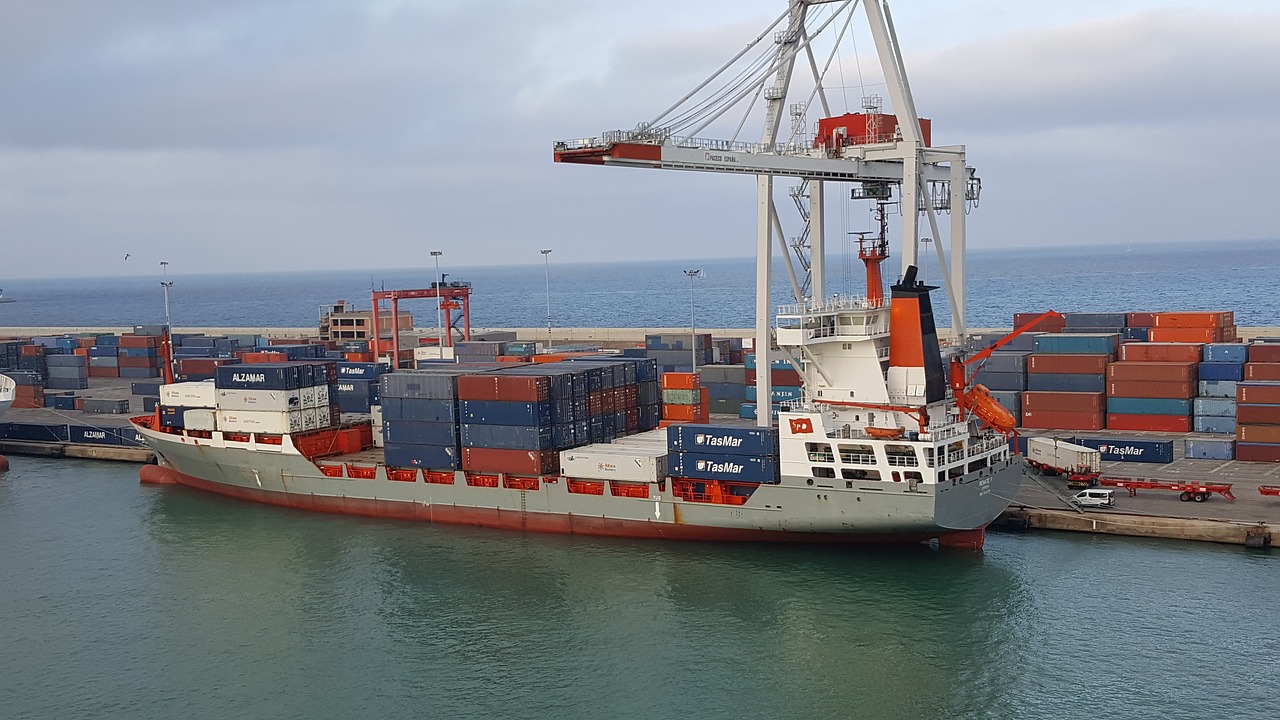In today’s global market, virtually all businesses import goods in one form or another, primarily from China.
Whether it be the component parts incorporated into final products or the equipment used to create those products, the goods that companies are importing from China are cutting deeper into their pocketbooks at a significantly higher rate under the Trump Administration’s new tariff system.
The most significant tariffs apply an additional 25% tax on a reported $200 billion worth of products entering the United States from China.
These tariffs have left many companies scrambling to determine whether they are going to eat these additional costs, pass them on to the products’ ultimate consumers, or find a way around them.
The good news is that two legal options exist which, if properly applied, may provide companies (and consumers) relief from the high tariff bite.
One option is to create a Foreign Trade Zone (FTZ).
In an FTZ, no duties or tariffs are assessed on imported goods that are then exported outside the country, whether they maintain the same character or are used in manufacturing a new product.
Another option that could alleviate some of the financial pain caused by the Chinese tariffs is altering the importation process enough to change the imported product’s country of origin. Each imported product’s tariff is assessed based on the product’s country of origin; therefore, with a new country of origin comes a new tariff assessment.
Some companies and news outlets refer to this process as “transshipping.” Whether transshipping is legally possible requires an in-depth analysis of the entire process and path an imported good takes to reach its final U.S. destination.
Transshipping can be a legal modification of a product’s country of origin. However, depending on the facts, transshipping can also be an illegal masking of a product’s true country of origin, which could subject the importer to significant U.S. civil and criminal penalties.
These are complicated issues, which should not be undertaken without the counsel of an experienced and knowledgeable attorney and accountant.
To discuss more about how your company can avoid or reduce tariffs, contact your FOS attorney today.

© 2025 Fox, O'Neill & Shannon, S.C..





